Discover The Sandip Roy Show
The Sandip Roy Show

The Sandip Roy Show
Author: Express Audio
Subscribed: 218Played: 3,367Subscribe
Share
© Copyright Express Audio
Description
What makes people tick? What are the stories they carry with them? In a world of shouting heads, veteran journalist, radio commentator and novelist Sandip Roy sits down to have real conversations about the fascinating world around us and the people who shape it. Catch these engaging interviews every other Sunday
169 Episodes
Reverse
Over the past few years, Indian craft chocolatiers have been earning accolades at some of the world's most prestigious international competitions, including the UK-based Academy of Chocolate Awards. To explore this growing chocolate culture, host Sandip Roy speaks with Chaitanya Muppala, Vikas Temani, and Patricia Cosma. Together, they discuss the future of Indian craft chocolate in a market long dominated by established brands like Cadbury and Amul.Muppala is the founder of Manam Chocolate, Temani is the founder of Paul and Mike, and Cosma is the co-founder of the Indian Cacao and Craft Chocolate Festival.Produced by Shashank BhargavaEdited and mixed by Suresh Pawar
The transformative discovery made in 1924 by John Marshall, Director General of the Archaeological Survey of India, revealed the existence of the Indus Valley Civilisation, pushing back the origins of Indian civilisation by millennia. Now, Devdutt Pattanaik’s new book, Ahimsa: 100 Reflections on the Harappan Civilisation, offers a unique perspective on this ancient civilisation, exploring it through the lens of mythology rather than traditional history or archaeology, connecting the dots between the imagery depicted on the seals we are familiar with.Produced by Shashank BhargavaEdited and mixed by Suresh Pawar
At a time when the news about the environment seems to be worsening by the day, historian Ramachandra Guha's latest book, Speaking with Nature, sheds light on India's early environmentalists. These pioneers raised alarms about ecological concerns at a time when the focus was on industrialization as a means to alleviate poverty for millions. Their stories reveal how environmentalism in India evolved in a distinctly different way from the Western models prevalent today. This week, Guha joins host Sandip Roy to share some of these fascinating stories.Produced by Shashank BhargavaEdited and mixed by Suresh Pawar
In her memoir, This Land We Call Home, Nusrat F. Jafri reflects on the history of her nomadic ancestors, members of the Bhantu tribe from Rajasthan, who were once branded "criminals" under British colonial law. As a response to caste-based discrimination, her family ultimately embraced Christianity. Through the book, Jafri weaves a narrative that explores not only the personal histories we all carry, but also the complex tapestry of our collective past.In this episode, host Sandip Roy speaks to Jafri about her family’s journey, the impact of caste discrimination, and how their quest for belonging through faith and community influenced their evolving sense of identity over time.Produced by Shashank BhargavaEdited and mixed by Suresh Pawar
While whiskey, wine, and gin have witnessed a kind of renaissance in India over the past few years, the same hasn't been true for indigenous liquors like Mahua, Feni, and rice beer. Although some of these liquors are now being recognized as 'heritage liquors'—with some even receiving GI tags—their growth has been relatively slow. To understand what’s preventing these traditional liquors from gaining broader acceptance, host Sandip Roy speaks with Aniruddha Mookerjee and Hansel Vaz.Mookerjee, an expert in Mahua liquor, has spent over 20 years researching indigenous Indian alcohols. As an advisor for Heritage Liquor to the Government of Madhya Pradesh, he has helped shape the state’s heritage liquor policy, and established model distilleries with women’s self-help groups to produce India’s first commercial tribal Mahua brands, Mond and Mohulo.Vaz, a geologist by training, is a self-taught “Feni polymath” and founded the internationally recognized brand Cazulo Premium Feni.Produced by Shashank BhargavaEdited and mixed by Suresh Pawar
Dr. Sudipta Sengupta, one of the first Indian women to set foot on Antarctica, has not only ventured to the frozen south but also explored the Arctic and climbed Himalayan peaks. As an early Indian geologist, she’s broken many barriers along the way. In this episode, she joins Sandip Roy to discuss her memoir, Breaking Rocks and Barriers, and the experiences that have shaped her remarkable journey.Produced by Shashank BhargavaEdited and mixed by Suresh Pawar
Article 14 of the Indian Constitution states: “The State shall not deny to any person equality before the law or the equal protection of the laws within the territory of India." And who could argue with that?Yet, some of India’s most fraught political issues—reservations, the right to wear a hijab in college, or same-sex marriage—are situated at the heart of Article 14.In this episode, host Sandip Roy speaks to Senior Supreme Court lawyer Saurabh Kirpal about his new book, Who is Equal, which unpacks the equality code of the Indian Constitution.Produced by Shashank BhargavaEdited and mixed by Suresh Pawar
Schools and colleges are increasingly concerned that the widespread use of AI tools like ChatGPT could weaken critical thinking and research skills among students. There's also growing unease about academic integrity, with fears that students may turn to AI for assignments or to bypass plagiarism checks. But even beyond education, AI has raised ethical concerns about job displacement, data privacy, and internal biases. In her new book, Code Dependent: Living in the Shadow of AI, Madhumita Murgia explores how AI impacts our security, health, and privacy—from the ads we see on Instagram to decisions about loans or even governments predicting dissent. In this episode, Sandip talks to Murgia about her book and the broader implications of living in a world increasingly shaped by AI.Produced by Shashank BhargavaEdited and mixed by Suresh Pawar
The RG case has once again drawn public attention, highlighting the need for thorough investigations and justice. This incident underscores ongoing concerns about women's safety and the urgent need for stronger protections. There have been renewed calls for the death penalty, though experts question its effectiveness and stress the need for legal reforms. In this episode, host Sandip Roy speaks to Jhuma Sen and Amrita Dasgupta to discuss the case's implications, the death penalty debate, and ways to improve women's safety.Sen is an advocate at the Calcutta High Court and the Supreme Court and is adjunct faculty at the National University of Juridical Sciences in Kolkata. She has a focus on gender justice. Dasgupta is executive director of Swayam, a feminist organization working to end discrimination and violence against women and girls.Produced by Shashank BhargavaEdited and mixed by Suresh Pawar
With Indian Independence around the corner, host Sandip Roy speaks to Professor Aditya Mukherjee about the politicization of the freedom struggle and the attempts to rewrite by the current establishment. Mukherjee retired as Professor of Contemporary Indian History, Centre for Historical Studies, Jawaharlal Nehru University, New Delhi. He has authored books like India's Struggle for Independence, and India After Independence.Produced by Shashank BhargavaEdited and mixed by Suresh Pawar
Once known as the back office of the world, Bengaluru is now seen as India's startup capital and tech hub. However, the city’s rapid growth has brought significant challenges, with traffic congestion and water issues becoming as notorious as its startup culture.In this episode, Malini Goyal, the author of Unboxing Bengaluru, joins Sandip to discuss how Bengaluru evolved into its current state and what sets it apart among Indian cities.Produced by Shashank BhargavaEdited and mixed by Suresh Pawar
When Narendra Modi first appeared on the national stage, his supporters touted the Gujarat model as crucial for national success, while opponents feared it might weaken India's foundational pillars. Now, after 20 years, how has the Gujarat model scaled up at the national level? In this episode, political scientist and historian Christophe Jaffrelot joins Sandip Roy to answer this question, and talk about his latest book — Gujarat Under Modi: The Blueprint for Today's India.Jaffrelot is Research Director at CERI-Sciences Po/CNRS, Professor of Indian politics and sociology at King’s College (London), President of the French Political Science Association and Chair of the British Association for South Asian Studies.Produced by Shashank BhargavaEdited and mixed by Suresh Pawar
In 2014, the Supreme Court ruled on a writ filed by the National Legal Services Authority (NALSA), stating that the government, both at the state and Centre, must grant full legal recognition to transgender individuals.That judgment, in many ways, helped pave the way for the landmark Section 377 verdict. But ten years on, how much of the promise of that verdict has been realized in practice for the transgender community? To answer this question, Sandip is joined by Dalit and transgender rights activist Grace Banu.Grace is India's first transgender engineer and the founder of the Trans Rights Now Collective.Produced by Shashank BhargavaEdited and mixed by Suresh Pawat
Alpa Shah’s latest book, The Incarcerations, a finalist for the Orwell Prize for Political Writing, unravels and uncovers the chilling story of the Bhima Koregaon case and how sixteen human rights defenders—including academics, poets, trade unionists, and Dalit organizers—were labeled urban Naxalites, charged with inciting violence, and accused of waging a war against the Indian state. In this episode, Shah joins host Sandip Roy to unpack the case and discuss some of its most puzzling questions.Alpa Shah is a professor of anthropology at the London School of Economics.Produced by Shashank BhargavaEdited and mixed by Suresh Pawar
The Aam Aadmi Party, led by Delhi Chief Minister Arvind Kejriwal, is one of the most formidable political parties in the country and has often been described as a game-changer. But to what extent has that been the case? Has it truly transformed Indian politics, or has Indian politics, in turn, reshaped what the party once stood for?In this episode, host Sandip Roy is joined by Ashutosh and Neelanjan Sircar to discuss the evolution of the party, its current standing, the threat it poses to the BJP, and the challenges that lie ahead.Ashutosh is a former member of AAP, the co-founder and editor of SatyaHindi, and the author of Hindu Rashtra. Sircar is a senior fellow at the Centre for Policy Research (CPR). Produced by Shashank BhargavaEdited and mixed by Suresh Pawar
This week on the show, Sandip Roy speaks with journalist Mitali Mukherjee, whose book "Crypto Crimes" gives us a window into the underbelly of the crypto world and its rapid expansion throughout India. Through personal anecdotes and firsthand narratives, the book delves into the depths of the dark web, exposing the reality behind the unregulated crypto bubble that is now witnessing all sorts of crimes.Mukherjee is the director of the Journalist Programmes at the Reuters Institute at Oxford.Produced by Shashank BhargavaEdited and mixed by Suresh Pawar
Despite the frequent buzz around new book releases and the increasing popularity of literary festivals, one glaring absence in the country remains: free public libraries. Join host Sandip Roy this week as he engages in a conversation with Mridula Koshy and Rituparna Neog, community activists part of the Free Libraries Network (FLN), to discuss India's dearth of public libraries and what can be done about it.Koshy, an award winning writer, founded The Community Library Project in Delhi in 2015 and is the member of the FLN's steering committee. Neog, a queer rights activist and a library educator, is the founder-director of the Akam Foundation.Produced by Shashank BhargavaEdited and mixed by Suresh Pawar
During a time when India's economy is on the rise, a new book called Unequal: Why India Lags Behind Its Neighbours by Swati Narayan argues that this growth hasn't automatically translated into the empowerment of the poor or an improvement in their social mobility. When compared with its less prosperous neighbors such as Bangladesh and Nepal, India still falls behind in numerous human development indexes. However, is it fair to compare India to these other countries, or are there additional complexities to consider? In this episode, host Sandip Roy speaks to Swati to find out.Produced by Shashank BhargavaEdited and mixed by Suresh Pawar
As summer sweeps in, we find ourselves once again inundated with reports of record-breaking temperatures, unprecedented heat waves, and other climate disasters. As adults, one question to consider is: How do we talk about climate change with young people, who will ultimately inherit this warming planet? And how can we do so in a manner that is not terrifying or depressing, but rather engages and encourages them to care?In this episode, host Sandip Roy speaks with Bijal Vachharajani and Rohan Chakravarty, who regularly grapple with these questions in their work.Bijal is a children's book author, climate warrior and commissioning editor at Pratham Books. And Rohan is a cartoonist, illustrator, wildlife enthusiast, and the creator of Green Humour.Produced by Shashank BhargavaEdited and mixed by Suresh Pawar
Veteran journalist and contributing editor of The Indian Express, Neerja Chowdhury, in her book 'How Prime Ministers Decide,' recounts the stories of what transpired behind the scenes as Indian Prime Ministers made some of the most monumental decisions of their tenure, and sometimes opted not to make them.In this episode, leading up to the crucial Lok Sabha polls, she joins Sandip Roy to discuss some of the decisions that altered India and the processes through which they unfolded.Produced by Shashank BhargavaEdited and mixed by Suresh Pawar
Top Podcasts
The Best New Comedy Podcast Right Now – June 2024The Best News Podcast Right Now – June 2024The Best New Business Podcast Right Now – June 2024The Best New Sports Podcast Right Now – June 2024The Best New True Crime Podcast Right Now – June 2024The Best New Joe Rogan Experience Podcast Right Now – June 20The Best New Dan Bongino Show Podcast Right Now – June 20The Best New Mark Levin Podcast – June 2024
 United States
United States


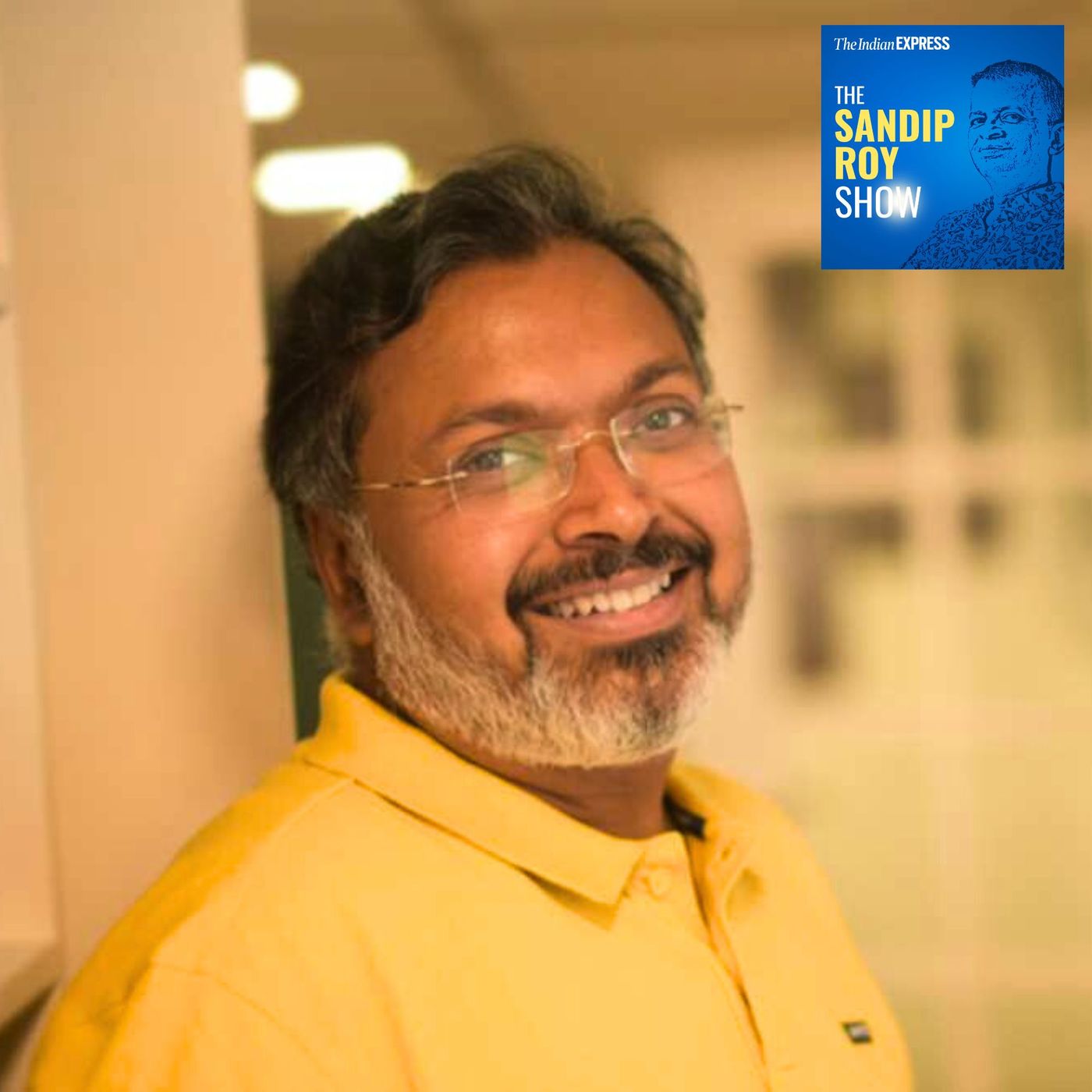
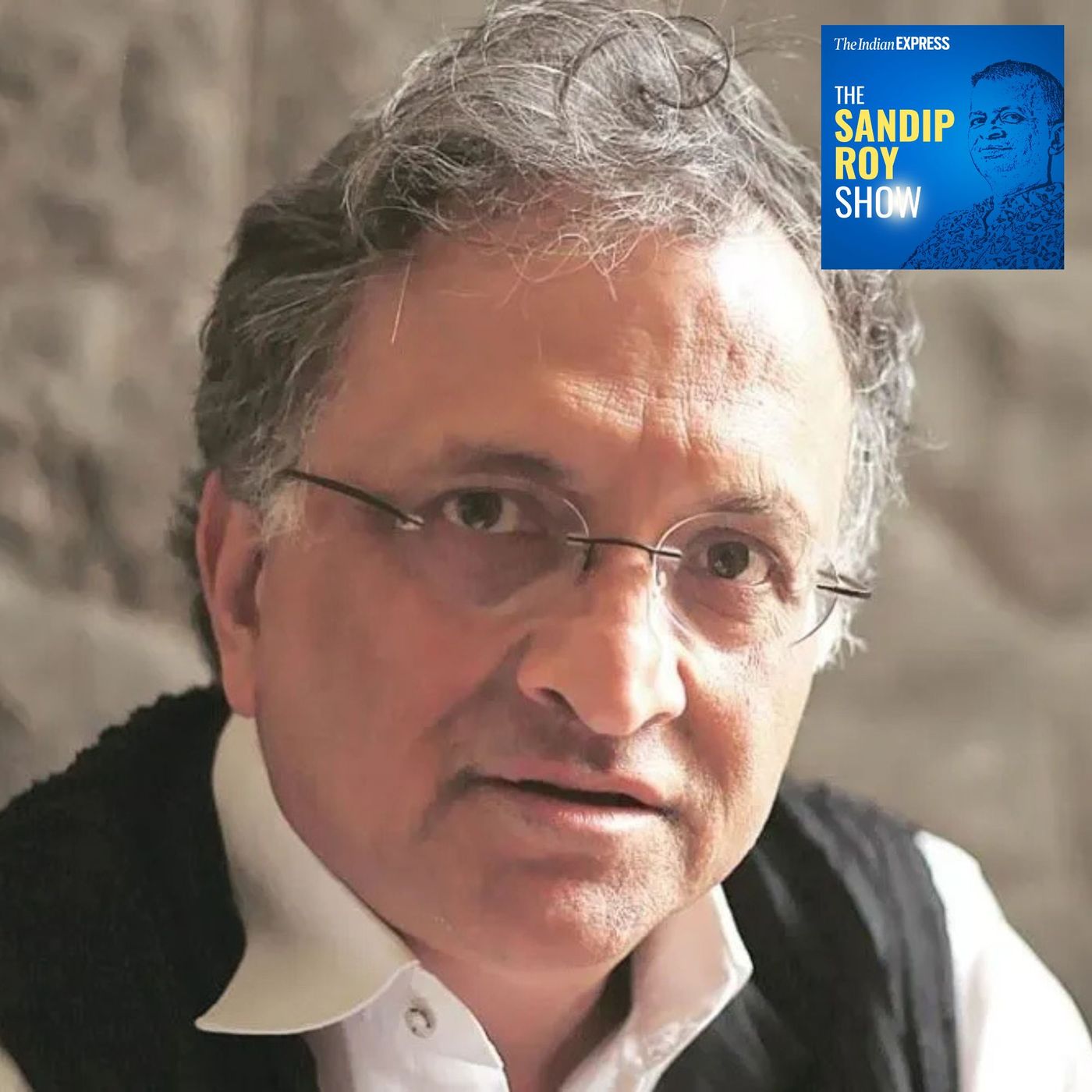
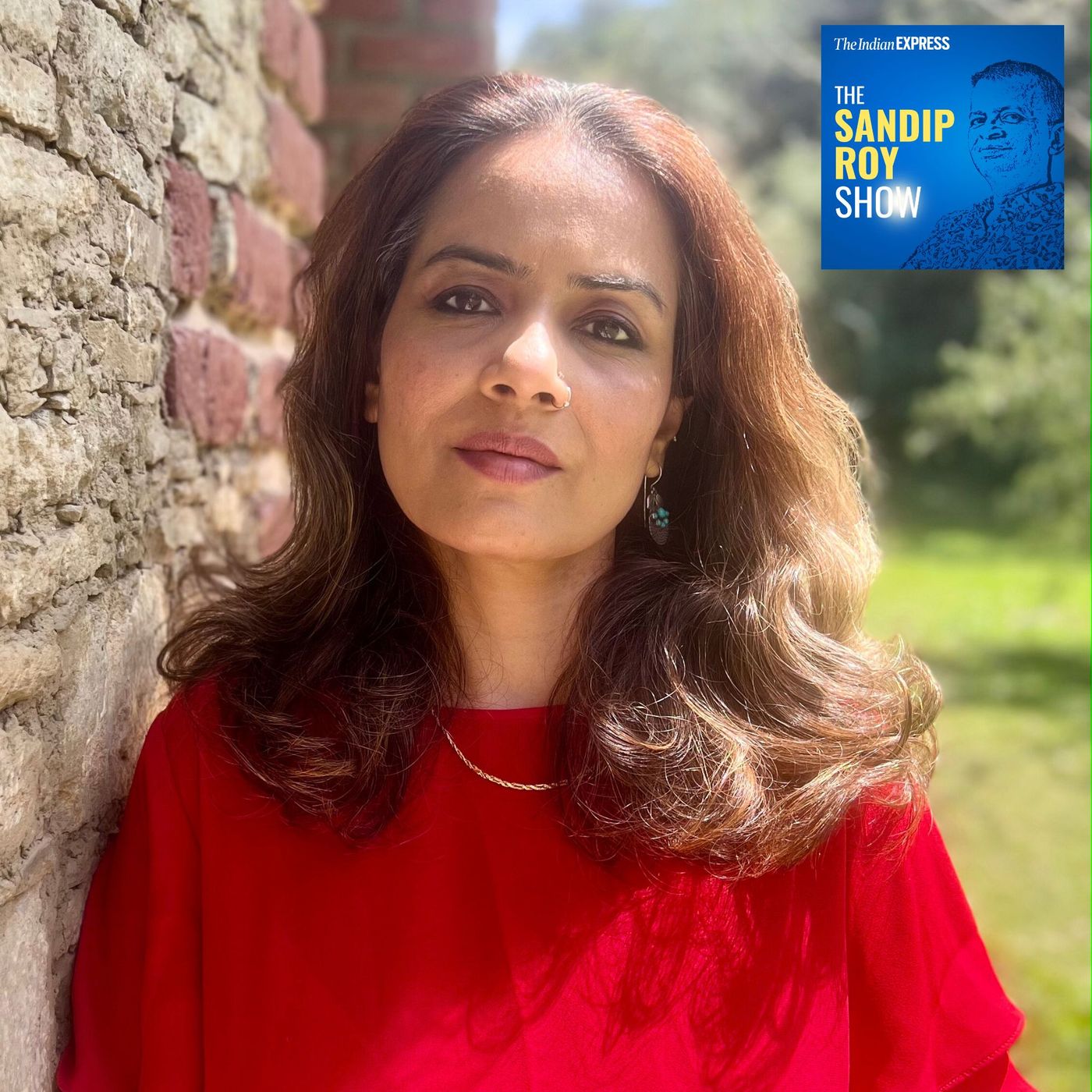

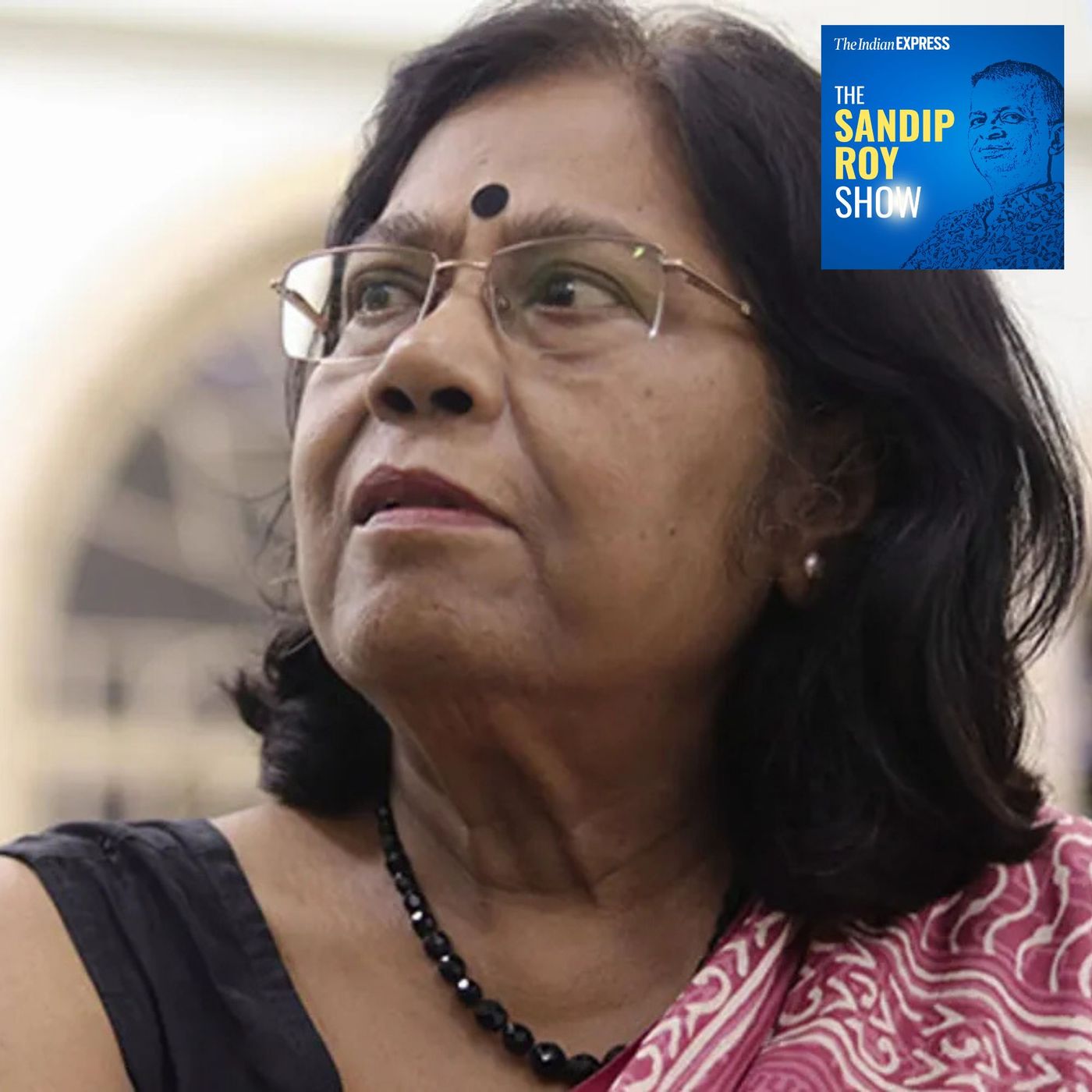
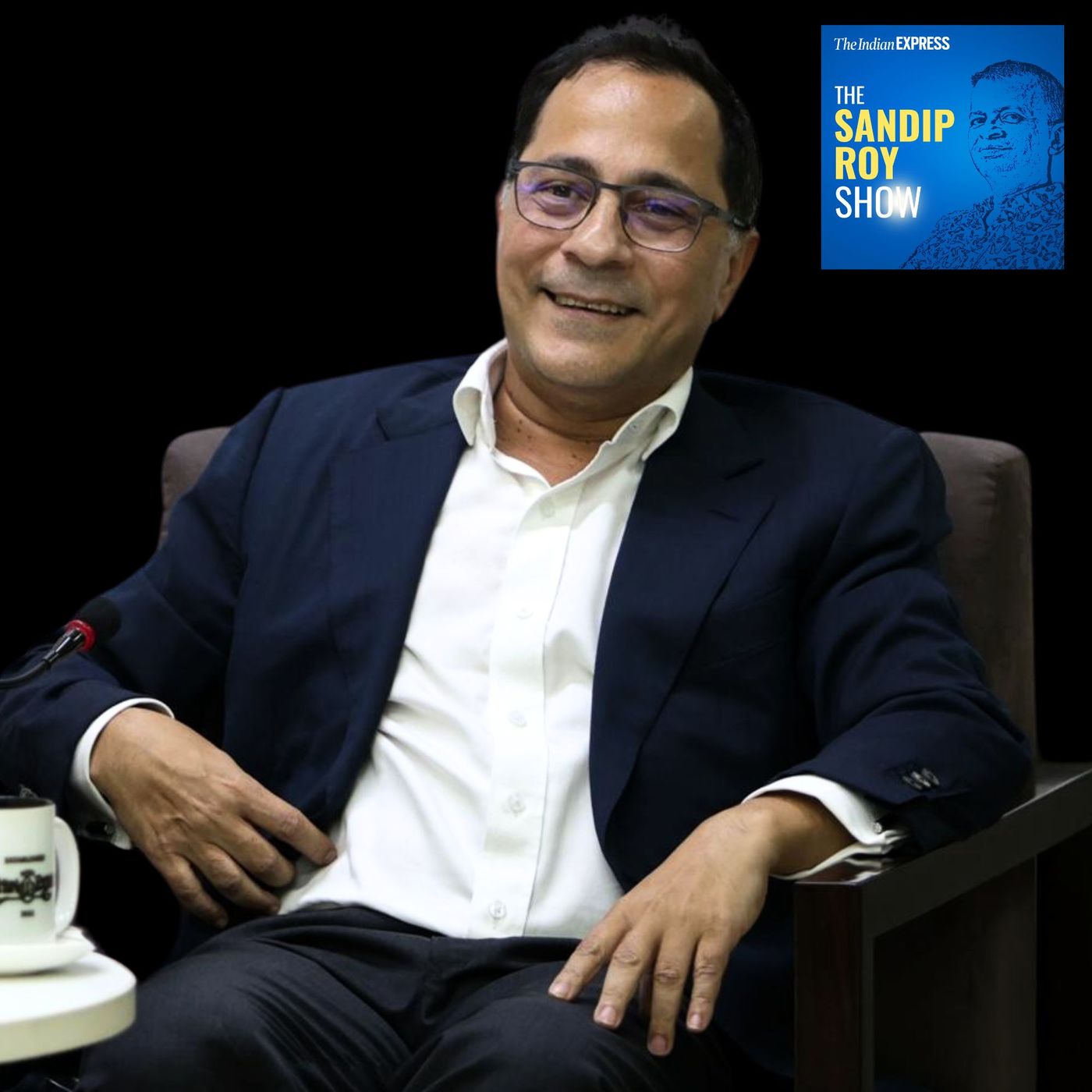

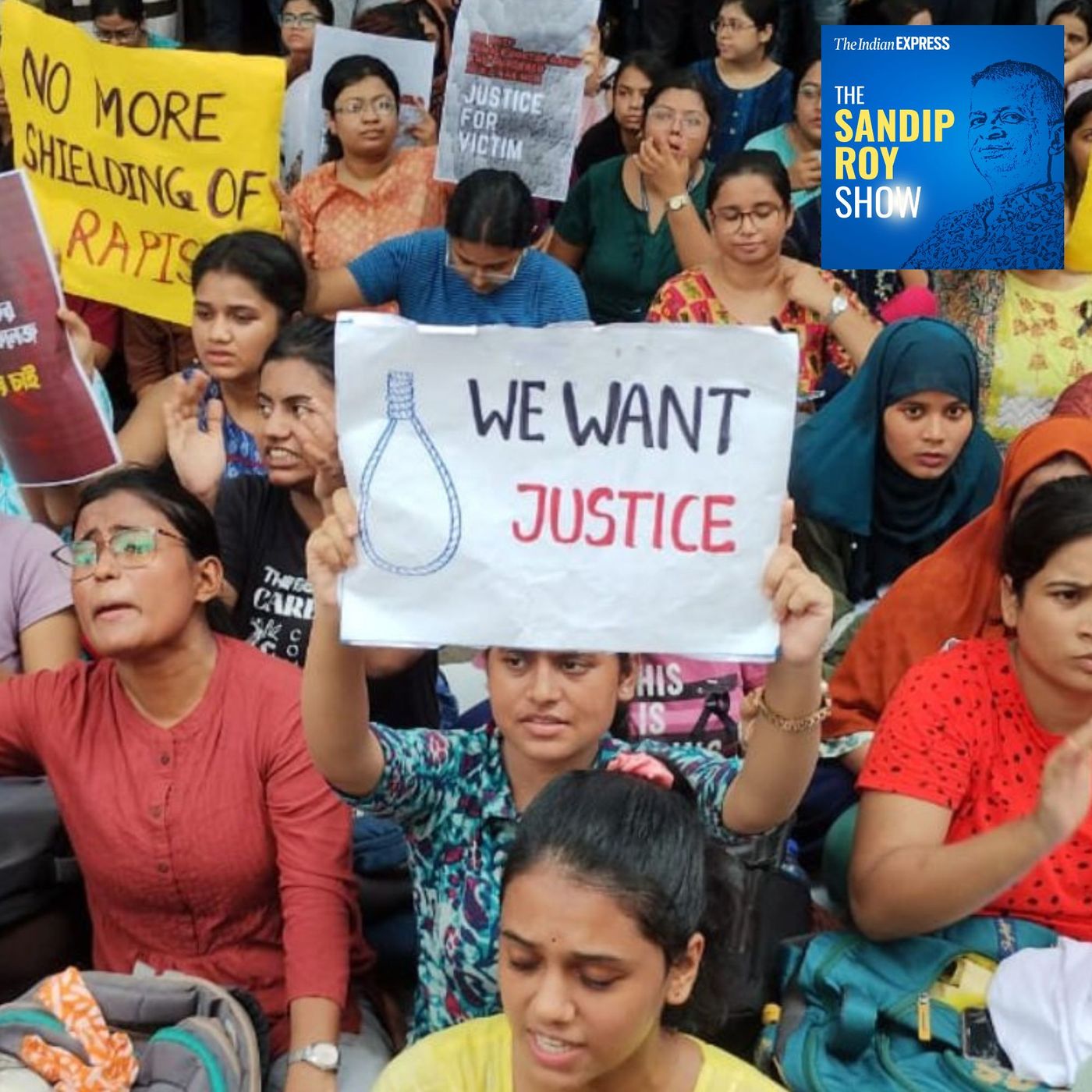
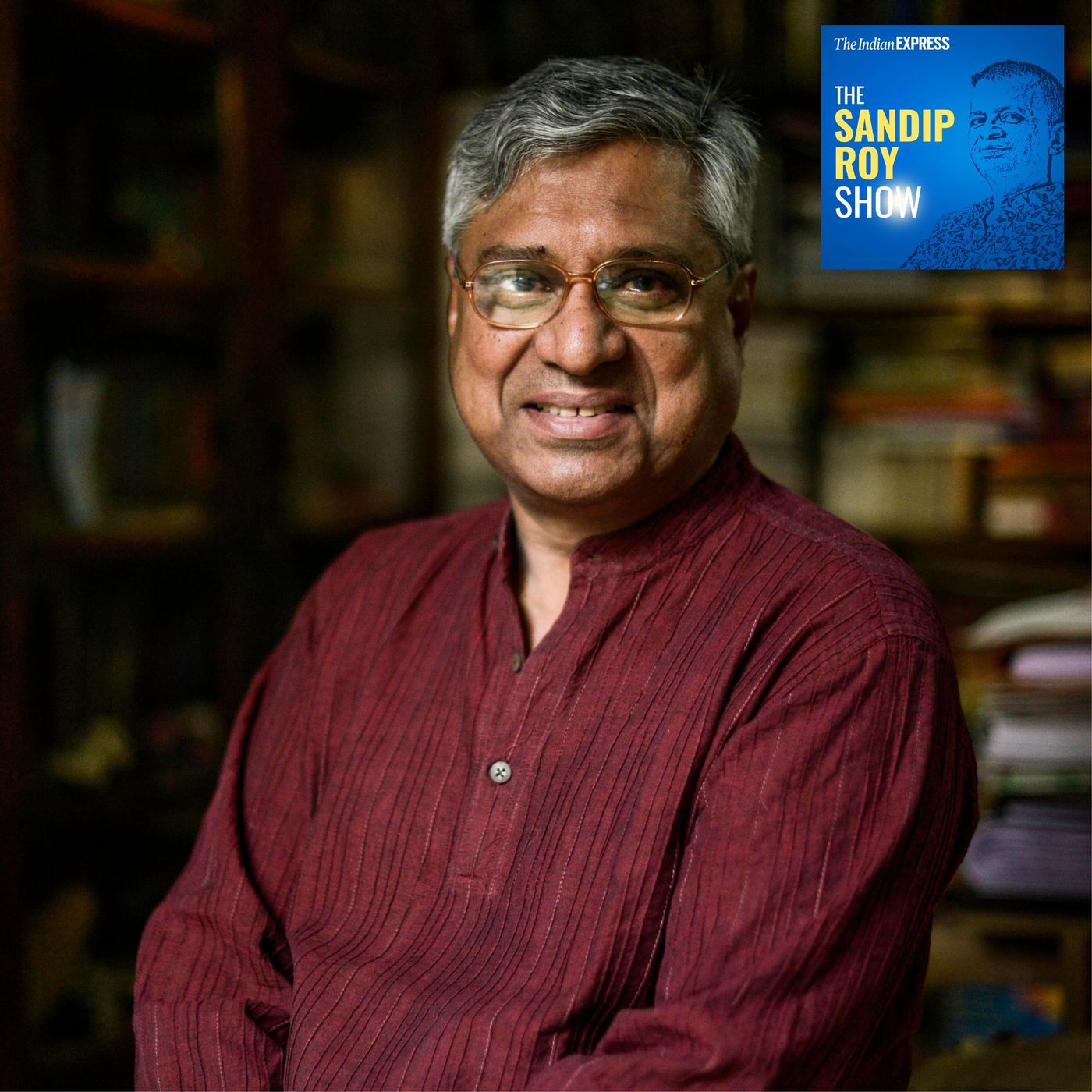

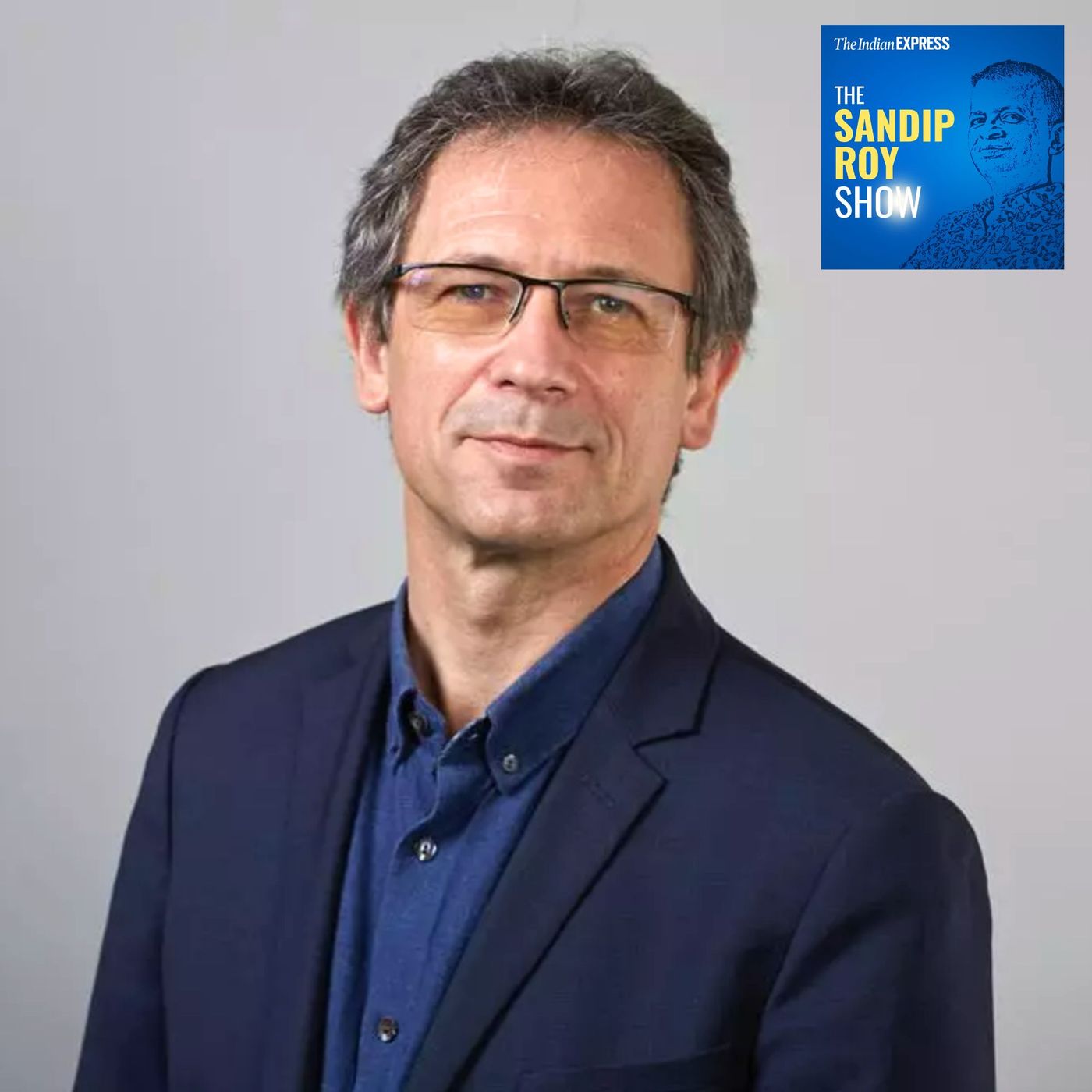
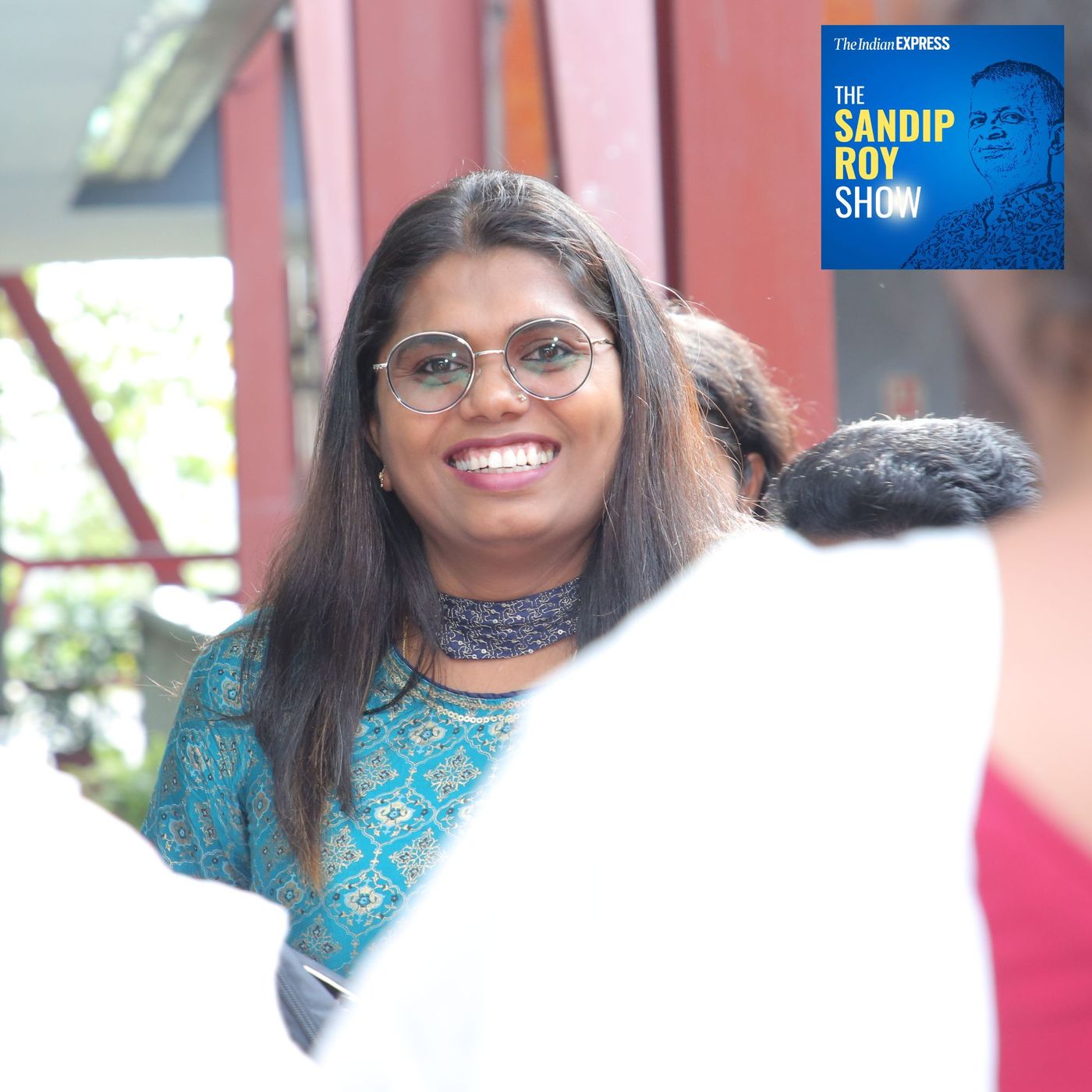
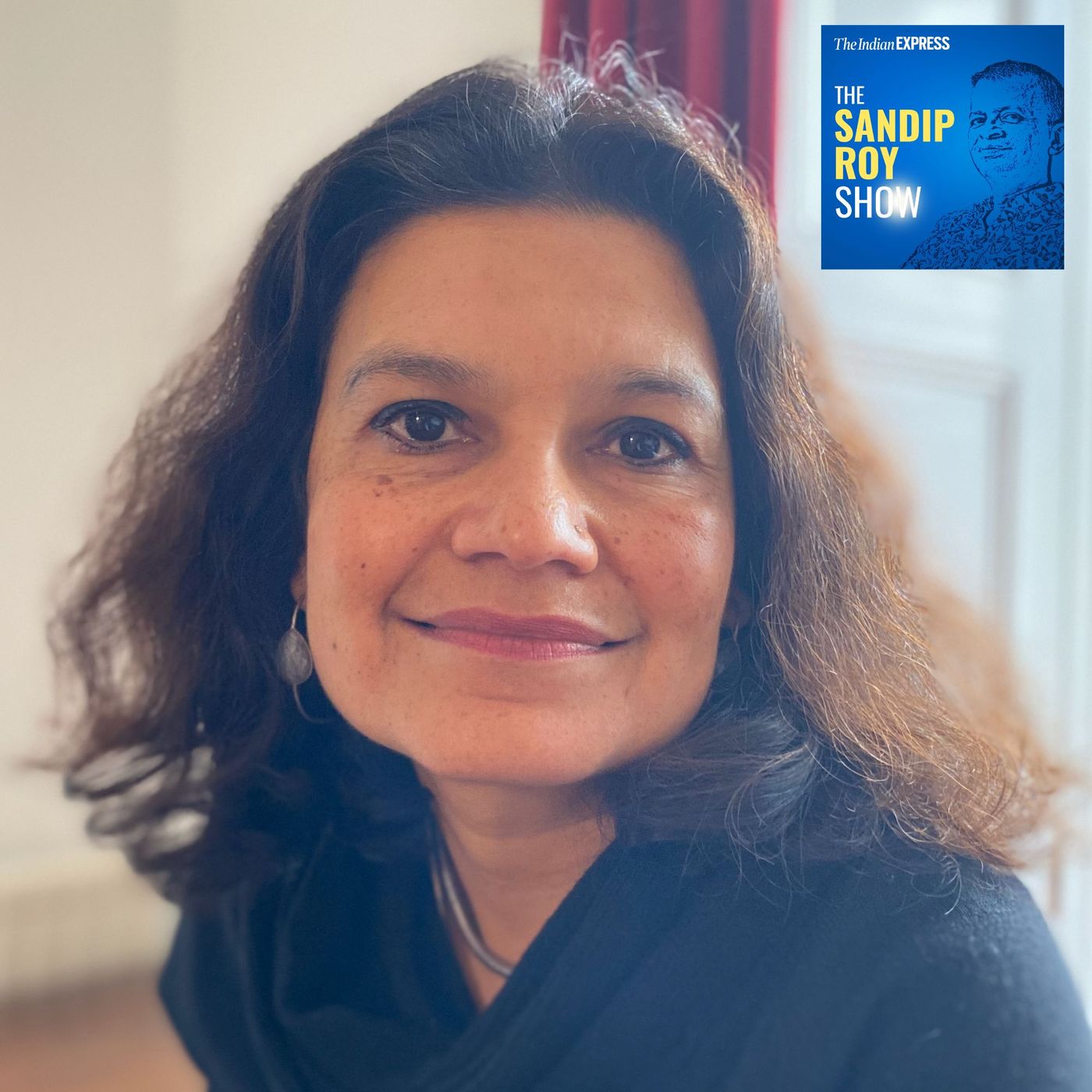
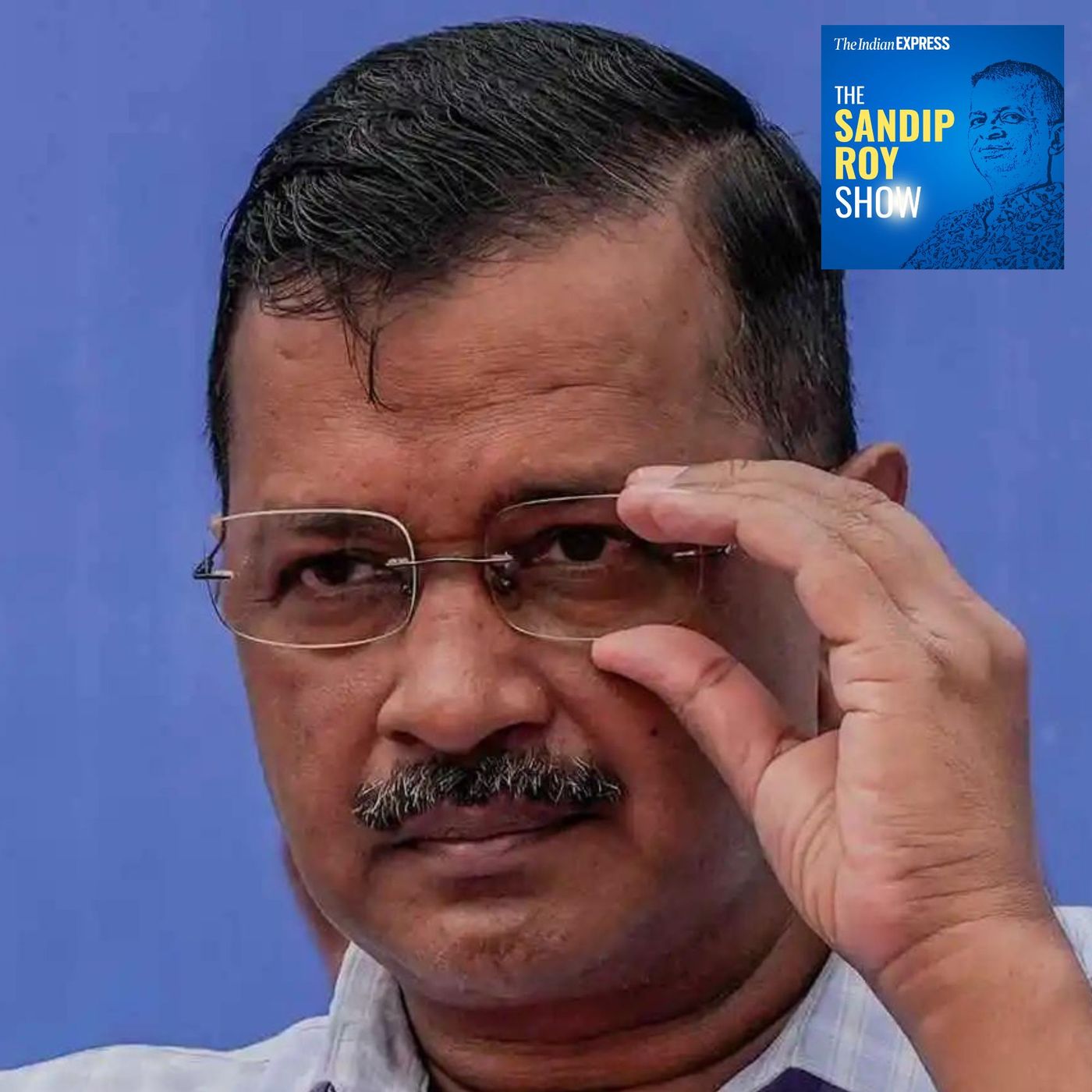
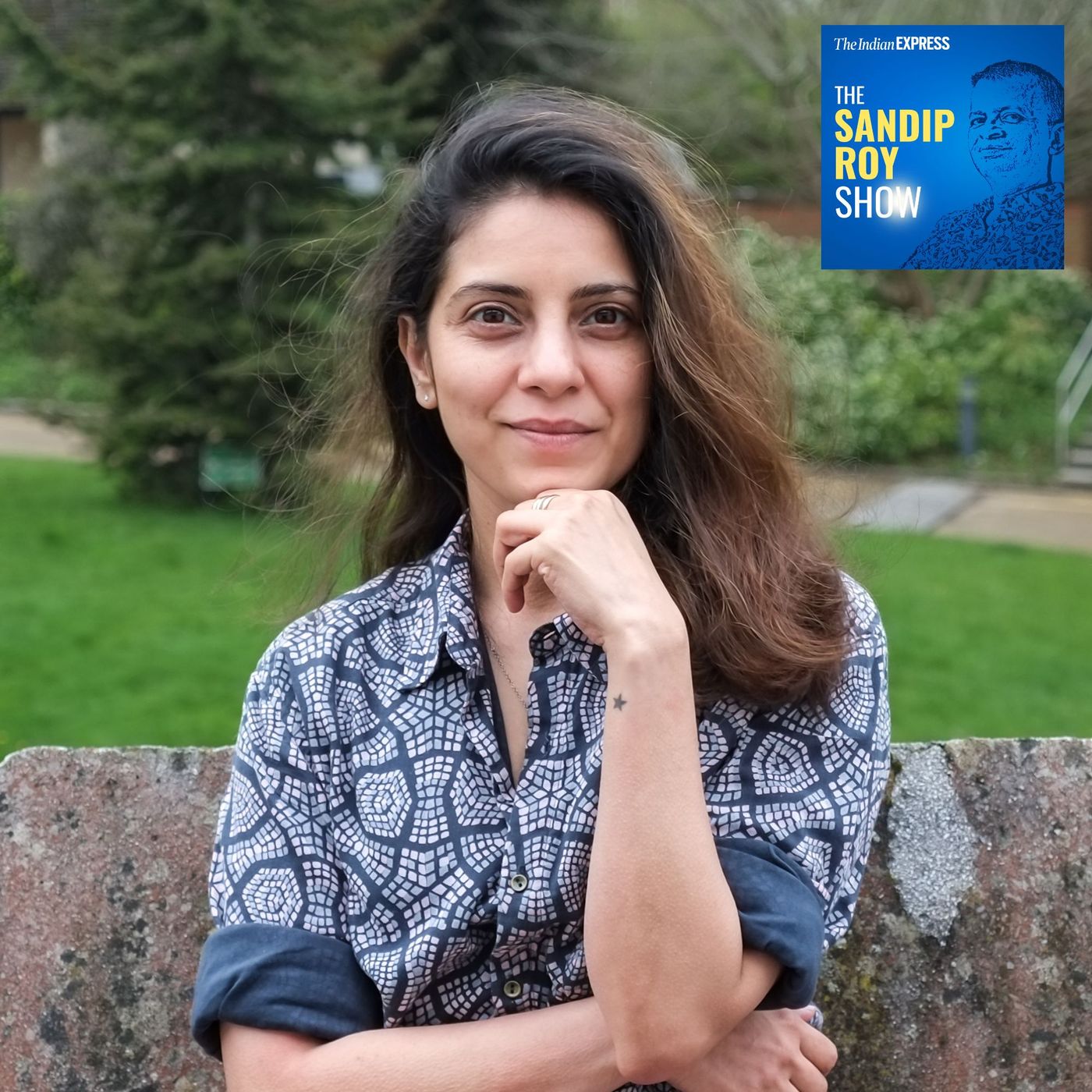

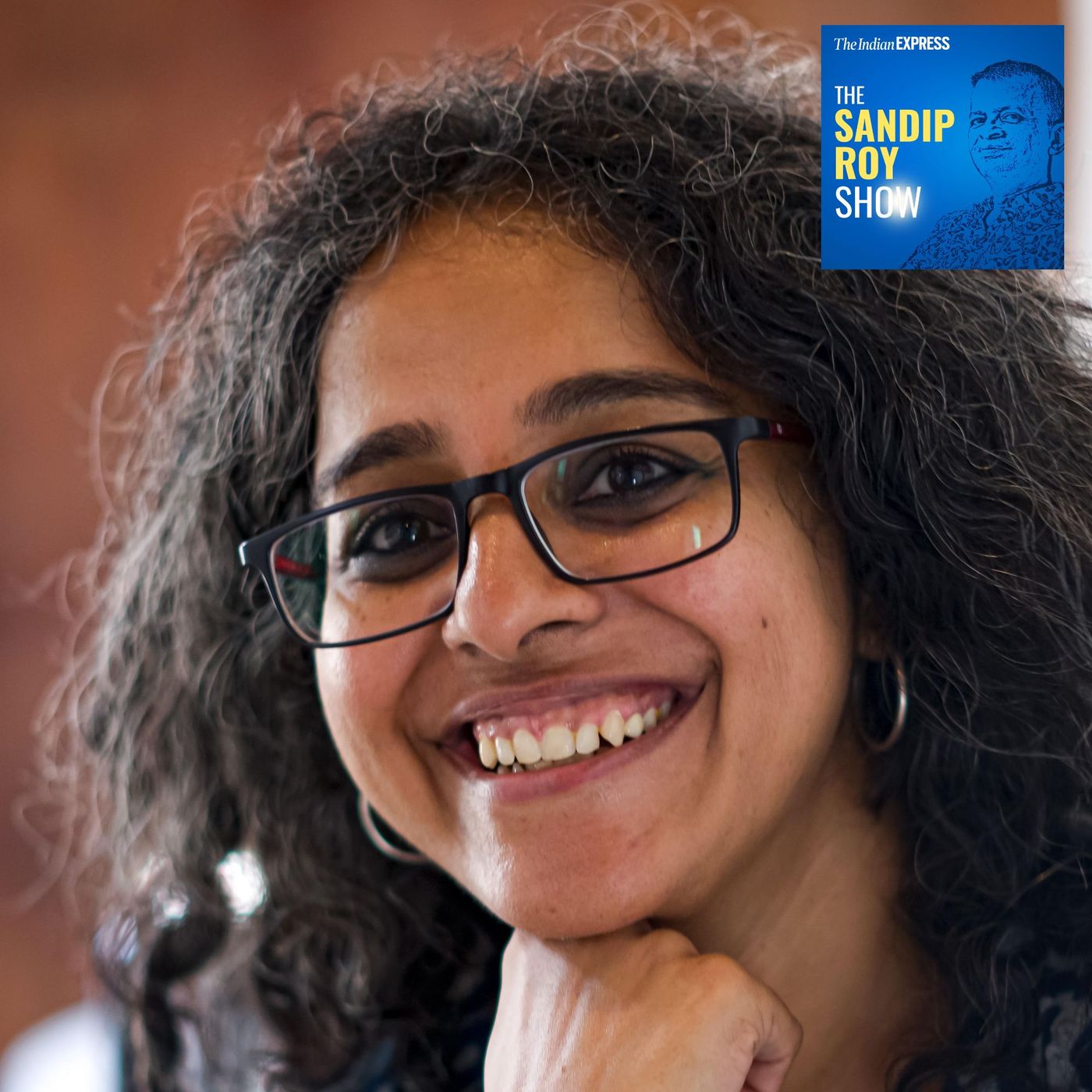
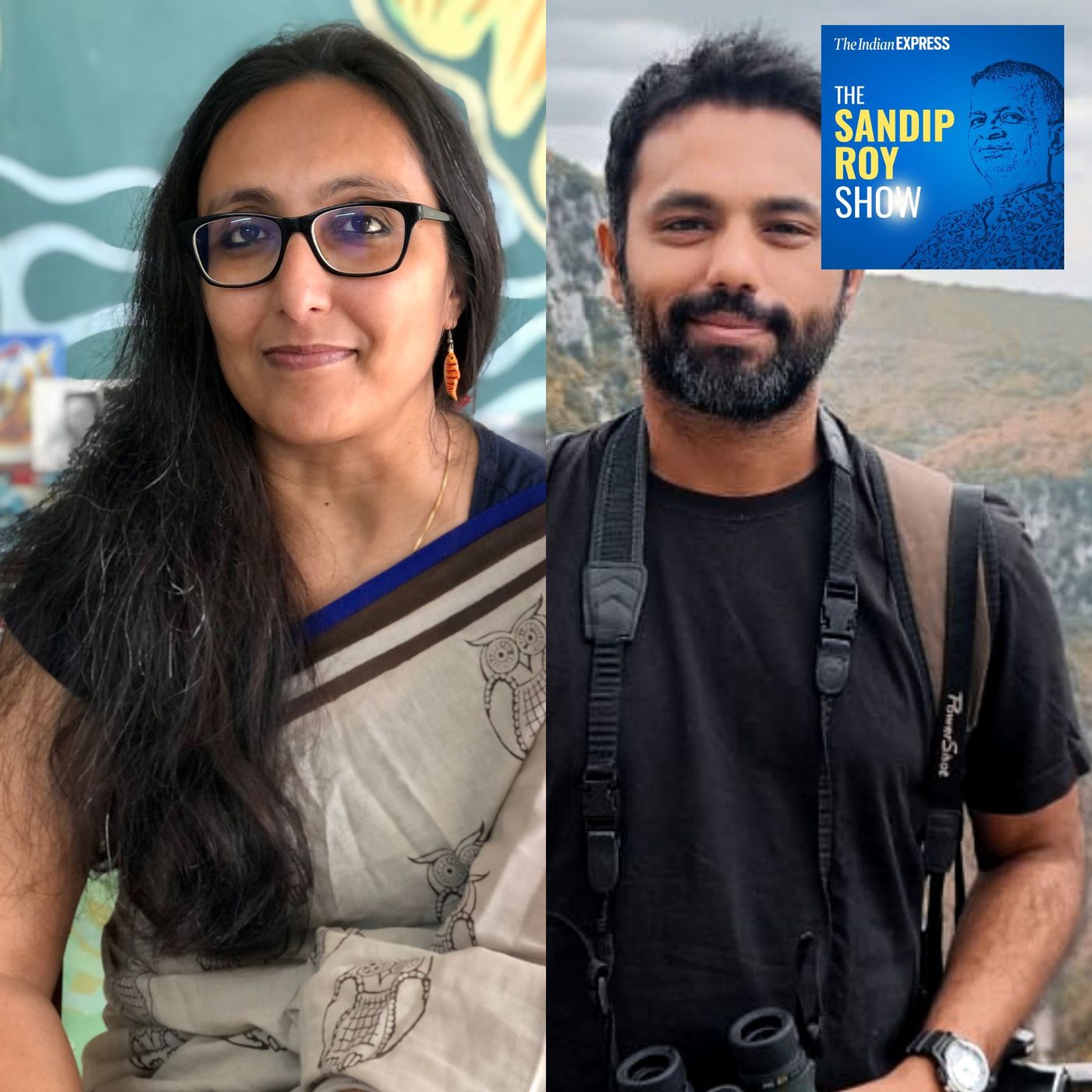
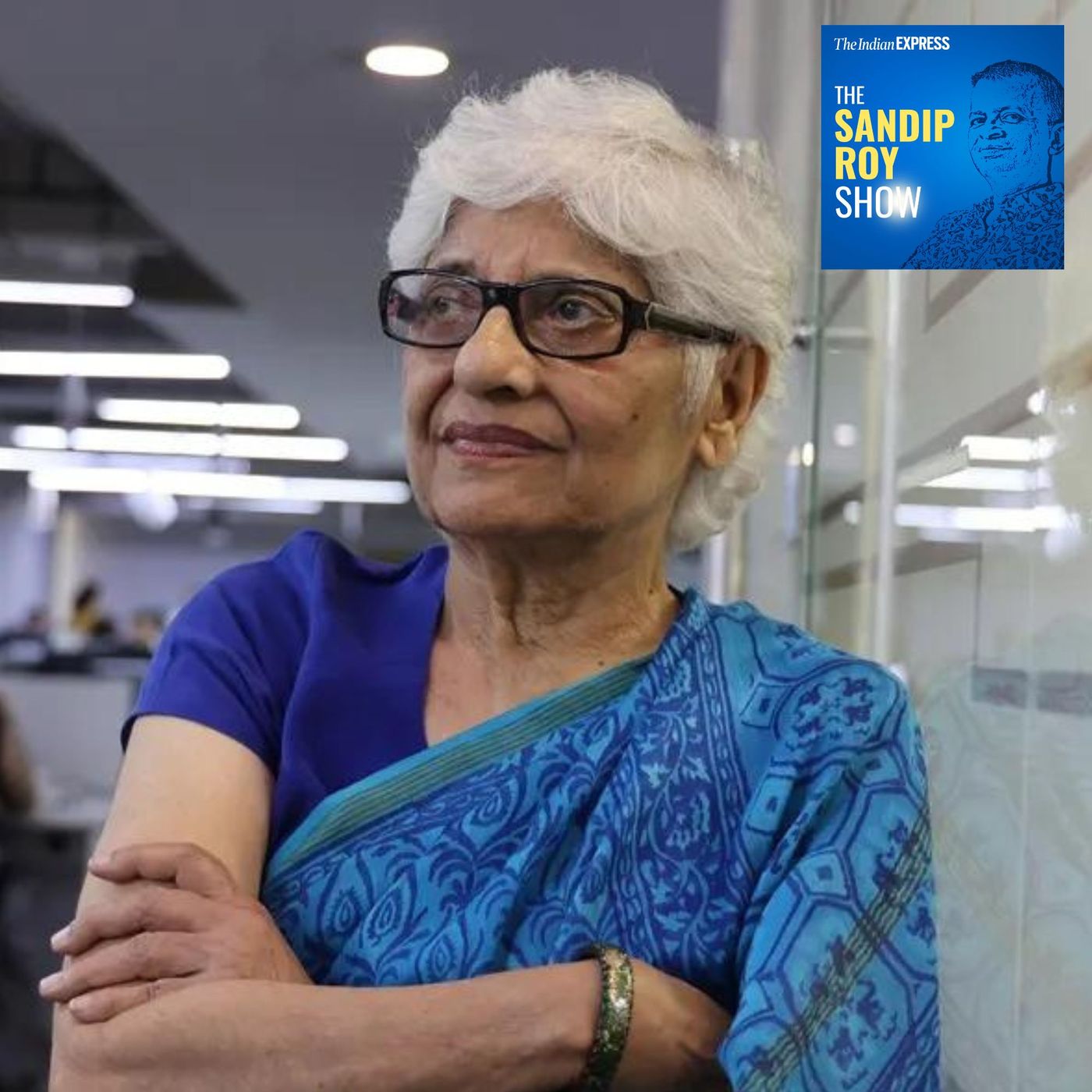


awesome